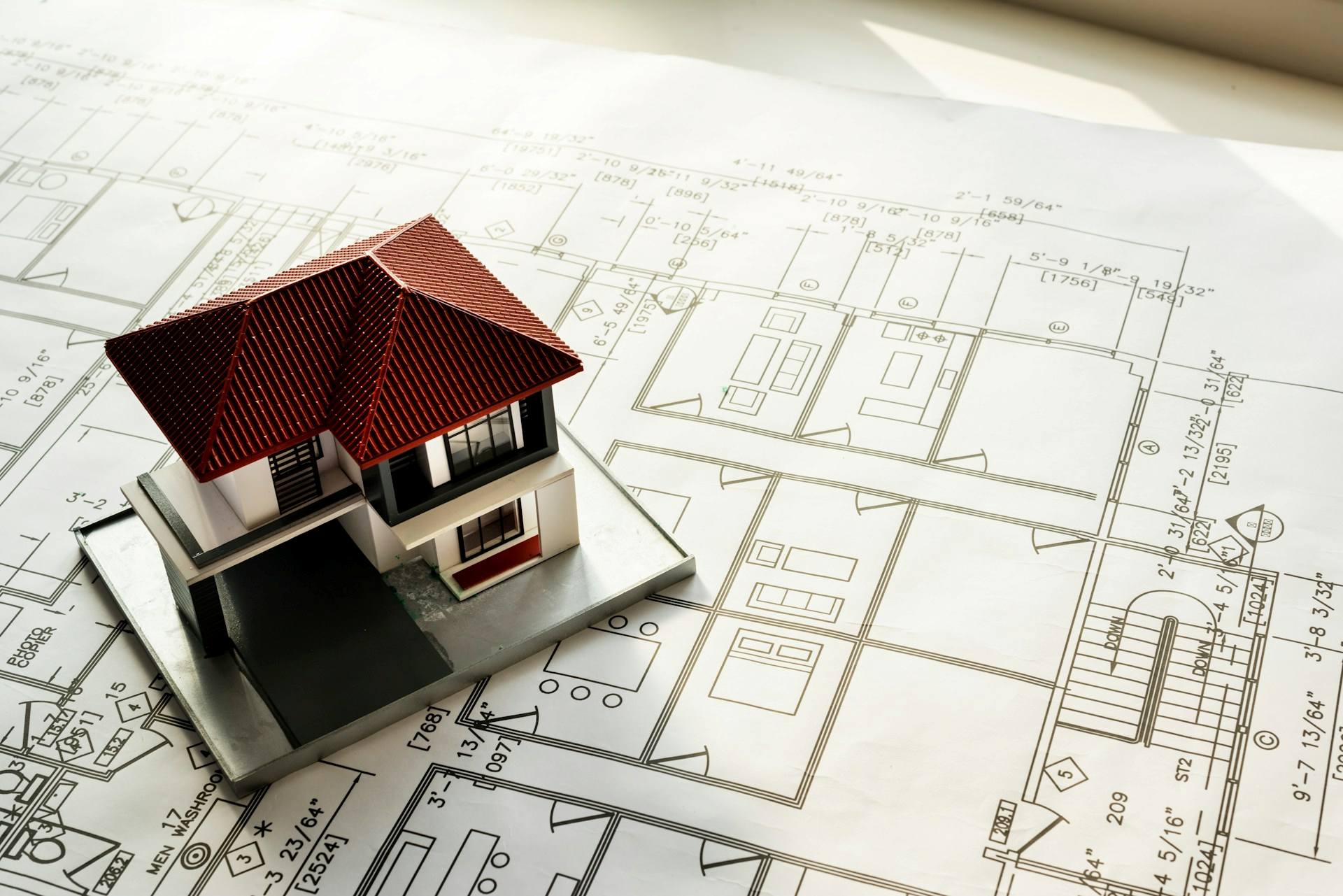Apartment developers who overbuilt in previous years are now experiencing unexpected benefits from the recent wave of tariffs on imported building materials. These tariffs, which have raised construction costs, have inadvertently reduced the pace at which new apartments are being developed, creating a shortage of supply in the rental market. With fewer new units entering the market, demand for existing apartments has surged, resulting in higher rents and increased occupancy rates for those who have already developed properties.
The situation has proven favorable for developers who were once criticized for overexpanding their portfolios. By slowing down new construction, the tariffs have helped create a more competitive environment for existing apartment complexes. This shift is an example of how policy changes can have unintended positive consequences for certain stakeholders, even those who may have previously overestimated the demand for new rental units.
For many developers, the increase in construction costs has been a double-edged sword. On one hand, it has made new projects more expensive to complete, leading some developers to scale back or delay their plans. On the other hand, this reduction in supply has given existing properties a pricing edge. As fewer new apartments are built, landlords and property owners are finding that their rental units can command higher prices, thus improving their financial performance. These developers are now benefiting from a strong rental market that might not have materialized if they had not expanded during the earlier building boom.
The impact of tariffs on apartment developers highlights the complexities of the housing market, where external factors can significantly influence demand and supply dynamics. While tariffs were intended to support domestic industries by increasing the cost of imported materials, the effect on the real estate sector has been more nuanced. Developers who strategically managed their overbuilding and who can navigate the increased construction costs are now reaping the rewards of a more favorable rental environment.
In conclusion, while the construction industry has faced challenges due to tariffs, apartment developers who had previously overbuilt are now positioned to capitalize on the reduced supply of new rental units. This situation underscores the importance of understanding the interplay between policy changes, market conditions, and real estate development strategies, offering valuable insights for stakeholders in the housing sector.


